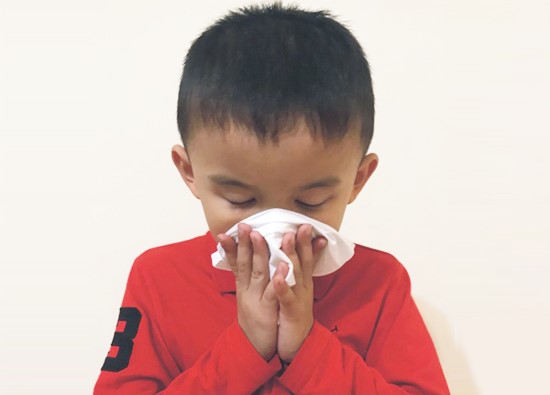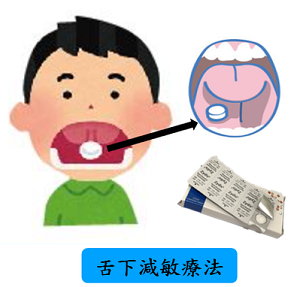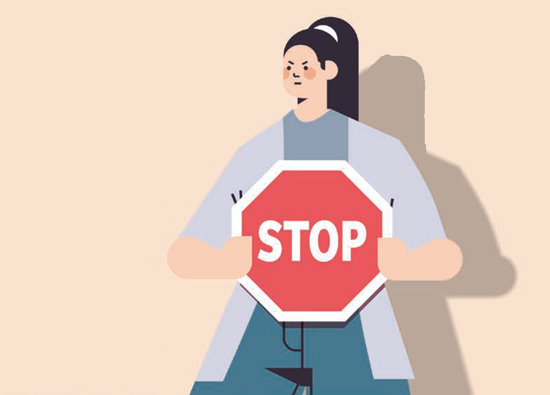03.2022 Life Guide
Ha Joo, nose water out! Refuse to be allergic to rhinitis
Teacher Chen xiuchunwei, Doctor Chen Jiajun / pediatric department of Far Eastern Memorial Hospital


 Every spring, many people have the experience of continuous nasal flow. According to research, "allergic rhinitis" is a disease with strong genetic factors. In addition, the proportion of children suffering from rhinitis has increased significantly in recent years due to large environmental changes and serious air pollution. What should I do if I have allergies at home? In this issue, the children's Department of Far Eastern Memorial Hospital is specially invited to explain your doubts.
Every spring, many people have the experience of continuous nasal flow. According to research, "allergic rhinitis" is a disease with strong genetic factors. In addition, the proportion of children suffering from rhinitis has increased significantly in recent years due to large environmental changes and serious air pollution. What should I do if I have allergies at home? In this issue, the children's Department of Far Eastern Memorial Hospital is specially invited to explain your doubts.Seasonal alternation, large temperature difference between day and night, frequent intermittent rainfall leading to increased humidity... Etc. unstable weather makes children with nasal allergies "chatter" constantly, nasal water "flow together", and even their noses are blocked to sleep, which makes parents very distressed and troubled.
 In fact, about 1 / 3 of children in Taiwan suffer from allergic rhinitis, and the incidence rate is increasing year by year. Children's allergic rhinitis is caused by their allergic constitution and exposure to "allergens" or "irritants" in the environment, such as dust mites, animal fur, temperature difference changes, air pollution, etc.
In fact, about 1 / 3 of children in Taiwan suffer from allergic rhinitis, and the incidence rate is increasing year by year. Children's allergic rhinitis is caused by their allergic constitution and exposure to "allergens" or "irritants" in the environment, such as dust mites, animal fur, temperature difference changes, air pollution, etc.1、 What symptom does common allergic rhinitis have?
The four major symptoms of allergic rhinitis include: itchy nose, sneezing, runny nose and stuffy nose; Other common symptoms include sniffing, clearing throat, coughing, rubbing nose, etc.
2、 Prevention and treatment of allergic rhinitis
Many parents will ask, can nasal allergy be cured? The answer is "no", but after correct treatment and effective control of the environment, the symptoms can be alleviated.
1. Avoid allergens or irritants
The most important thing is to reduce contact with allergens or irritants. For example, "dust mite" is the most common allergen that can cause allergic rhinitis in Taiwan. Therefore, people allergic to "dust mite" should avoid contact as much as possible. If you don't know the allergen, you can also check the allergen after the doctor's evaluation.
2. Drug treatment
Allergists will choose appropriate drugs according to "duration of symptoms" and "degree of symptoms affecting daily life", including oral antihistamines (shiprilamine solution, shengkemin solution, quyile), antihistamine nasal spray, steroid nasal spray, etc. In addition, using nasal washer or nasal liquid to "wash the nose" can also reduce the time for allergens to stay in the nasal cavity, and discharge the viscous secretions in the nasal cavity, so as to effectively alleviate the symptoms of rhinitis. For younger children, parents can choose a nasal washer with less impulse and irritation after discussion with doctors. Never buy nasal spray at the drug administration, because some drugs add decongestant to the ingredients for rapid relief of nasal congestion, which is only suitable for short-term use, and long-term administration will worsen symptoms. It is suggested to consult a specialist before taking drugs, so as to suit the remedy to the case and effectively stabilize the symptoms of rhinitis.
 3. Allergen immunotherapy (AIT)
3. Allergen immunotherapy (AIT)Desensitization therapy uses the adjusted allergen to train the child's immune system, so that the child's body can gradually adapt without allergic symptoms. It can be said to fundamentally improve the allergic constitution.
Allergic rhinitis is an annoying disease, which requires the joint cooperation of sick children, parents and doctors. In addition to drug treatment, we should avoid contacting allergens in the environment in order to achieve good control and successfully improve symptoms.
#



















